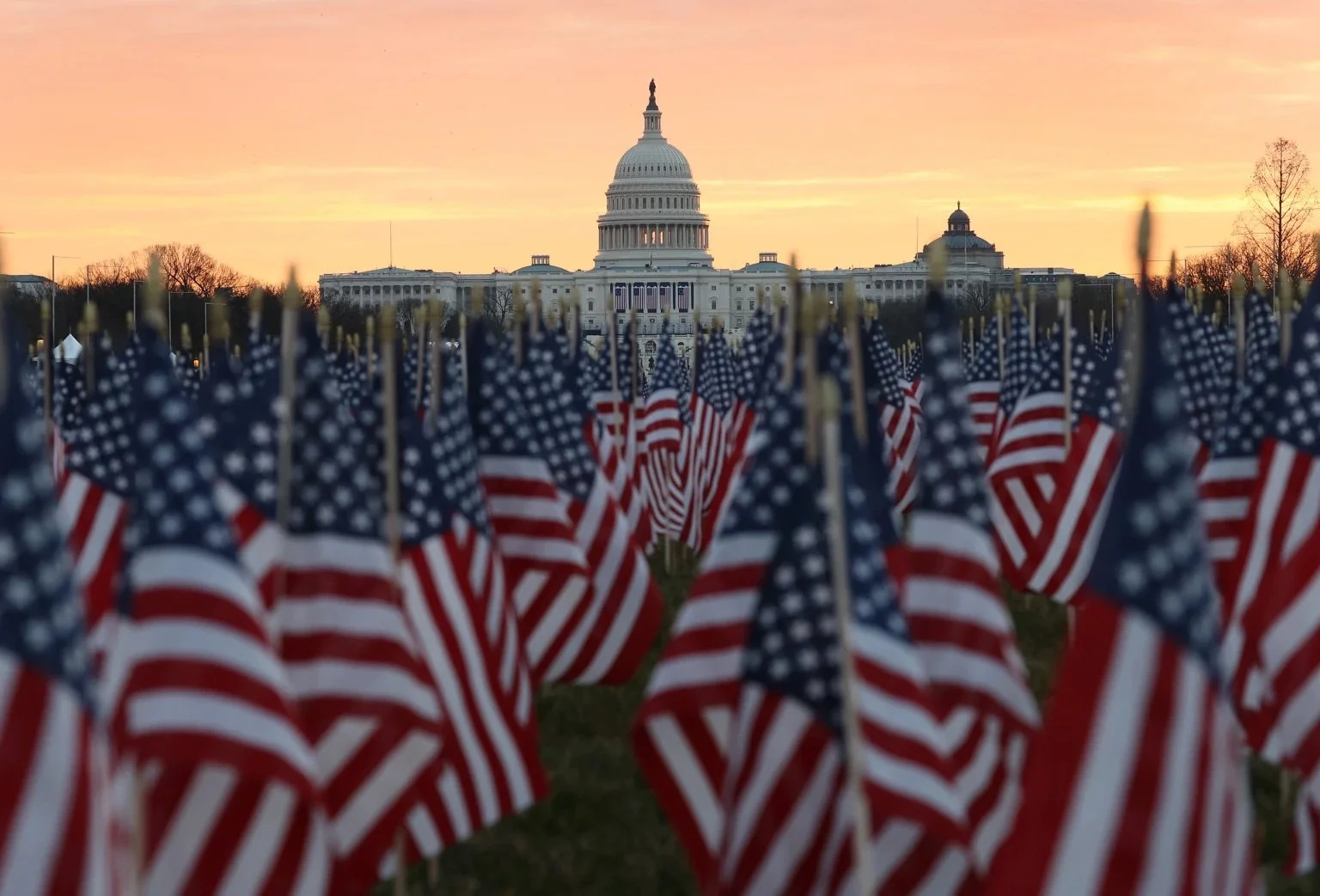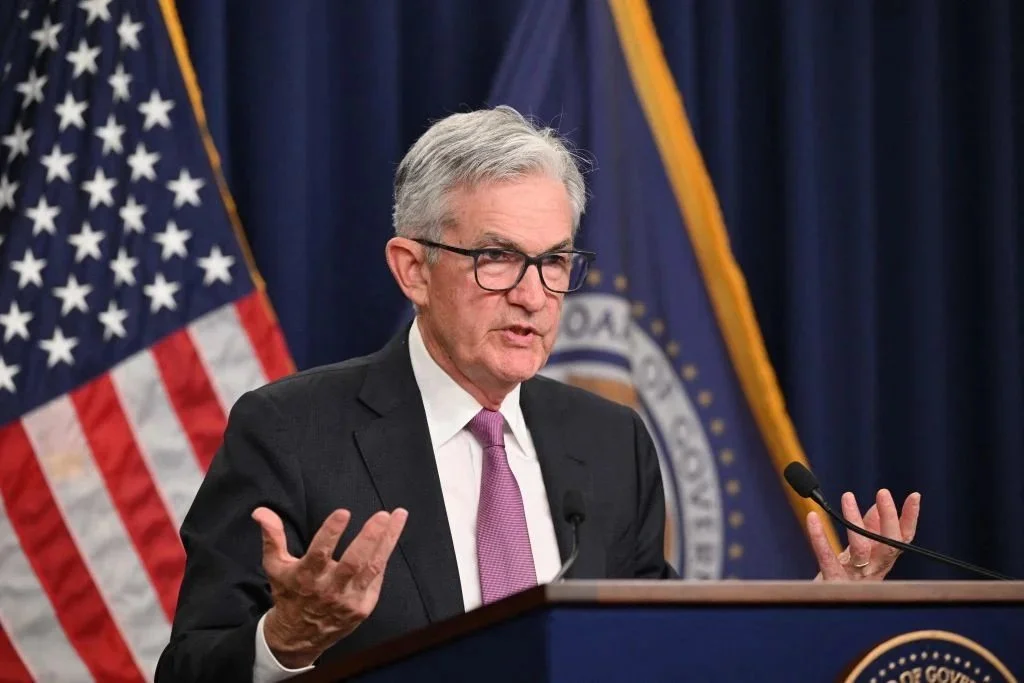From Big Tech to Big Pharma, the Biden administration is taking an aggressive approach to antitrust law. It is a risky strategy that could backfire, hobbling legitimate oversight for decades to come.
Pakistan is not often in the Western news, but when it is, it is almost always negative. That is certainly the case with the arrest this week of former prime minister and leading opposition figure Imran Khan, which triggered widespread protests.
Government officials at every level should adopt a new mantra, a Hippocratic economic oath: do no harm. Newly minted doctors take the same oath to do no harm as one of their foundational medical principles. Economic policy should start with the same presumption.
The recent grilling of TikTok’s CEO in front of an almost entirely hostile congressional committee was a reminder that a hardening stance against China is one of the few areas of genuine bipartisanship. That and an antagonistic stance toward Big Tech, so TikTok actually manages to check two boxes.
The Federal Reserve has raised short-term interest rates at the fastest pace since the early 1980s in an attempt to curb the hottest inflation since the early 1980s. But in its zeal to tame inflation, the Fed has been seemingly indifferent to sudden sharp shifts in the economic winds.
If the final decades of the 20th century were marked by a burst of techno-capitalist optimism, the first decades of the 21st century have often felt like a step-by-step descent into despair. Everyone, it seems, feels grim about the present and worse about the future.
Domestically, Americans are sharply divided, with the balance of power nationally almost exactly split between Democrats and Republicans. When it comes to foreign policy, Americans and their political parties are much more aligned. In theory, that should be a good thing. In reality, it is not.
When The Fed sharply increased its target interest rate by three-quarters of a percent, Chairman Jerome Powell remarked, “I wish there were a painless way…There isn’t.” Actually, there is a painless way: stop raising rates.
Regardless of whether the former president is ultimately indicted, the case points to a problem that’s bigger than Trump: The U.S. government has become addicted to shrouding its actions behind a veil of secrecy, especially when it comes to national security.
China has “both the intent to reshape the international order” and the power to do so, he said. The United States will seek to rally coalitions of other nations to meet Beijing’s challenge.
For the first time in decades, a notable portion of Americans say inflation is the number one issue facing the country.
The explosive announcement that Elon Musk is buying Twitter and taking it private has generated a slew of commentary. The most common refrain has been that we are at “peak billionaire” and that Musk’s acquisition reflects a disturbing acceleration of not just inequality but of the ability of the very rich to dictate the rules of democracy itself.
The Seventies were famous for many things: wide-lapels, disco music, Watergate, the middle-class abandonment of cities for suburbs, and of course, stagflation, that toxic blend of soaring prices and stagnant economic growth. Is history repeating itself?
Here we go again. From late March 2020 till almost the end of last year, stock markets had been on an extraordinary tear. When the pandemic exploded, market plunged close to 30% in a matter of weeks. What the markets giveth, they taketh away.
For the first time in decades, we are in the midst of a bona-fide inflation scare. Recent numbers came in at 6.2%, the highest since 1990. Much of the world is beset by high demand for goods that have created massive supply-chain bottlenecks, with not enough ships and capacity at ports leading to long delays and higher prices for almost everything.
After months of false starts and internal divisions, it appears that President Biden and Congressional Democrats are on the verge of agreeing to a spending package to address climate change, childcare, housing, paid family leave and to lower drug costs.
U.S. stocks had been on fire. The technology and internet boom spurred a wave of day traders and investment mania that now seems quaint. But at the time, the Dow Jones industrial average index was hovering around 10,000. And even in those heady days, forecasting a near-quadrupling of the index appeared naïve at best and ridiculous at worst.
The scrutiny intensified when Didi elected to list its shares in the U.S. In the eyes of the Chinese government, that raised the possibility that Didi would then share its precious domestic data with U.S. counterparties.
Balancing the other-worldly success of a few in contrast with the challenges many still face is one of the thornier dilemmas of a post-COVID-19 world where those gaps have grown ever wider.
What these headlines demonstrate is that, in today’s woke age, Americans have yet to find an equilibrium for evaluating who they are.
The capitalism that has become dominant in the years since the 1980s is not about enough; it’s about more, and no amount of more is ever enough.
The firm that he founded would evolve into one of America’s most important investment banks, Brown Brothers Harriman, which is still in business today.
Toughness in the face of China may be good domestic politics, but it is still bad policy if the goal is enhancing U.S. economic power and global security.
Almost exactly a year ago at this time, I warned that markets were due for a sharp correction and that the emergence of COVID-19 was more than a valid reason.
That kind of help from the federal government has been sorely lacking during the pandemic—and is utterly essential to any meaningful and sustainable economic recovery for the whole country.
As tempting as it to take the rise of conspiracy theories as a singular mark of a partisan internet-fueled age, however, there’s nothing particularly modern or unique about what is happening now.
That has often been the case, but then came the GameStop phenomenon when a tsunami of that so-called dumb money flooded parts of the stock market, leaving Wall Street professionals not just scratching their heads but a few of them badly wounded.
Zachary Karabell reviews four books that focus on what we should expect after the pandemic: The Corona Crash, Life After Covid-19, Post-Corona, and The New Great Depression.
As the United States heads into its grim pandemic winter, Congress remains deadlocked on passing a new stimulus bill.
In an interview this week, President-elect Joe Biden said that he’s not planning to reverse tariffs on Chinese goods imported into the United States as quickly as he plans to reverse other Trump-era policies…
Can't get enough?
Looking for something specific?
The Latest Tweets by @ZacharyKarabell
-
RT @BullsBearsFBN: Tonight joining @DavidAsmanfox on @BullsBearsFBN we have @zacharykarabell @caroljsroth @IamJohnBurnett @JCLayfield!… https://t.co/G1QJ6JXJOz
-
Refusing to attend a vote and fleeing the state because you are in the minority and will lose is a cowardly and ant… https://t.co/ERcpjBW3LV
-
RT @BullsBearsFBN: Tonight joining @DavidAsmanfox on @BullsBearsFBN we have @zacharykarabell @JonathanHoenig @lizpeek @GaryKaltbaum! T… https://t.co/CgxAvQLUKi
-
Better to do it themselves: https://t.co/EzKjfcdoJV
-
RT @peterbakernyt: The deal to avert tariffs that Trump announced with great fanfare consists largely of actions that Mexico had alrea… https://t.co/uRqNLD5db5





























